From smiles to sorrows, these landmark judgments sparked debates, reshaping our nation’s path toward justice and equality.
In 2023, India’s legal history changed drastically with many verdicts from the Supreme Court that went beyond the laws and triggered a nationwide discussion. Such verdicts addressed many vital matters, influencing the direction of social and also political history in that particular country. In the following, we explore ten pathbreaking judicial pronouncements that forever changed India’s legal and also social landscape.
Abrogation of Article 370
In a historic ruling in May, the Court of five judges ruled that the government’s decision to repeal Article 370 which had granted special status for Jammu and Kashmir. Supporters acclaimed the political development as a great step towards national integration, while critics pointed out that it could lead to the erosion of regional autonomy. And, the long-term ramifications of Jammu and Kashmir’s security as well as the socio-political changes are still much debatable in all aspects.
Kaushal Kishore Judgment
As revealed by a public outcry in January ruling, the Supreme Court clarified that marital rape was not recognized as an offense under Indian law. But the court added that instances of marital rape could still come under the existing provisions pertaining to reward. The verdict provoked a great wave of criticism, bringing the discussion about marital rape laws and also initiating an important dialogue regarding this sensitive matter.
Shiv Sena Judgment
The Supreme Court delivered the final verdict in a power struggle within Shiv Sena when it handed over control of its name and symbol to the Eknath faction. This move carried tremendous political repercussions affecting the power dynamics within Maharashtra and also changing its landscape.
In a key May judgement, a Constitution Bench brought in clarity regarding the relationship between the Lieutenant Governor and Chief Minister of Delhi. By elevating the elected government over the other organisations in everyday management, the court substantially increased Delhi’s autonomy. This judgement had a great effect on the daily working of the national capital.
Election Commission Judgment
Meanwhile, November saw a judgement which highlighted the intricate nature of the relationship between judiciary and the executive in electoral matters. Arun Goel’s appointment as a Election commissioner went unchallenged before the Supreme Court that worried about his alleged political connection. This choice provoked many debates concerning the delicate equilibrium that should be preserved to preserve the independence of an Election Commission.
Irretrievable Breakdown of Marriage Judgement
In August, a major change was seen in India’s divorce laws with the recognition of irretrievable breakdown as a ground for marriage under Hindu Marriage Act by the Supreme Court. This ruling brought some relief to the unhappy couples by recognizing the emotional intricacies that were going on.
Same-sex Marriage Judgment
In October, a five-judge bench did not acknowledge the same sex marriage as an essential right and thus left the fate of LGBTQ+ couples in the hands with legislature. Many were disappointed by this verdict, and new activism along with the resorted legal battle to establish marriage rights for same sex couples in India was lit up.
October witnessed a major win for media freedom when the Supreme Court overturned the Ministry’s decision to cancel Malayalam news channel Media One’s telecast licence. This ruling validated the importance of a free, independent media that is really essential to any healthy democracy.
Demonetisation Judgment
In December, the Supreme Court also had its say on the demonetization program of 2016, which was quite controversial. As it was determined to be legal, the court raised many questions regarding its practicality. This judgement ended the long-running debate and also facilitated discussions on the economic impact of demonetization policy that continue to this day.
Ending the year with a note of importance, in December, the Supreme Court ordered both Union and state governments to move towards total uprooting of manual scavenges. This judgement, so long awaited by human rights groups as a great victory for those fighting caste discriminations in India, revealed the enduring challenge of discriminatory practices within this country and reflected that efforts to abolish such cruel treatment would need continuation.
As we go back and analyse these ten revolutionary judgments that changed the legal fabric of India in 2023, it is equally evident how they can inspire all kinds of sentiments. And each judgement, like a stroke on the palette of justice, could add a smile to someone and sorrow even though slight at others. The effect is as wide-ranging as the nation itself is. Such legal landmarks not only revolutionised the notion of laws but also ignited many debates that dwell deep in our society. Faced with its bright future as an emerging power, the reverberations of these decisions will continue to inform our common path towards a more humane and also egalitarian destiny.






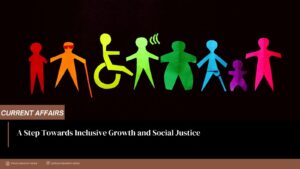
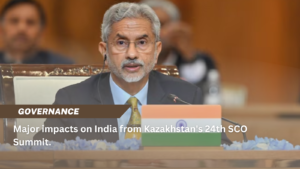
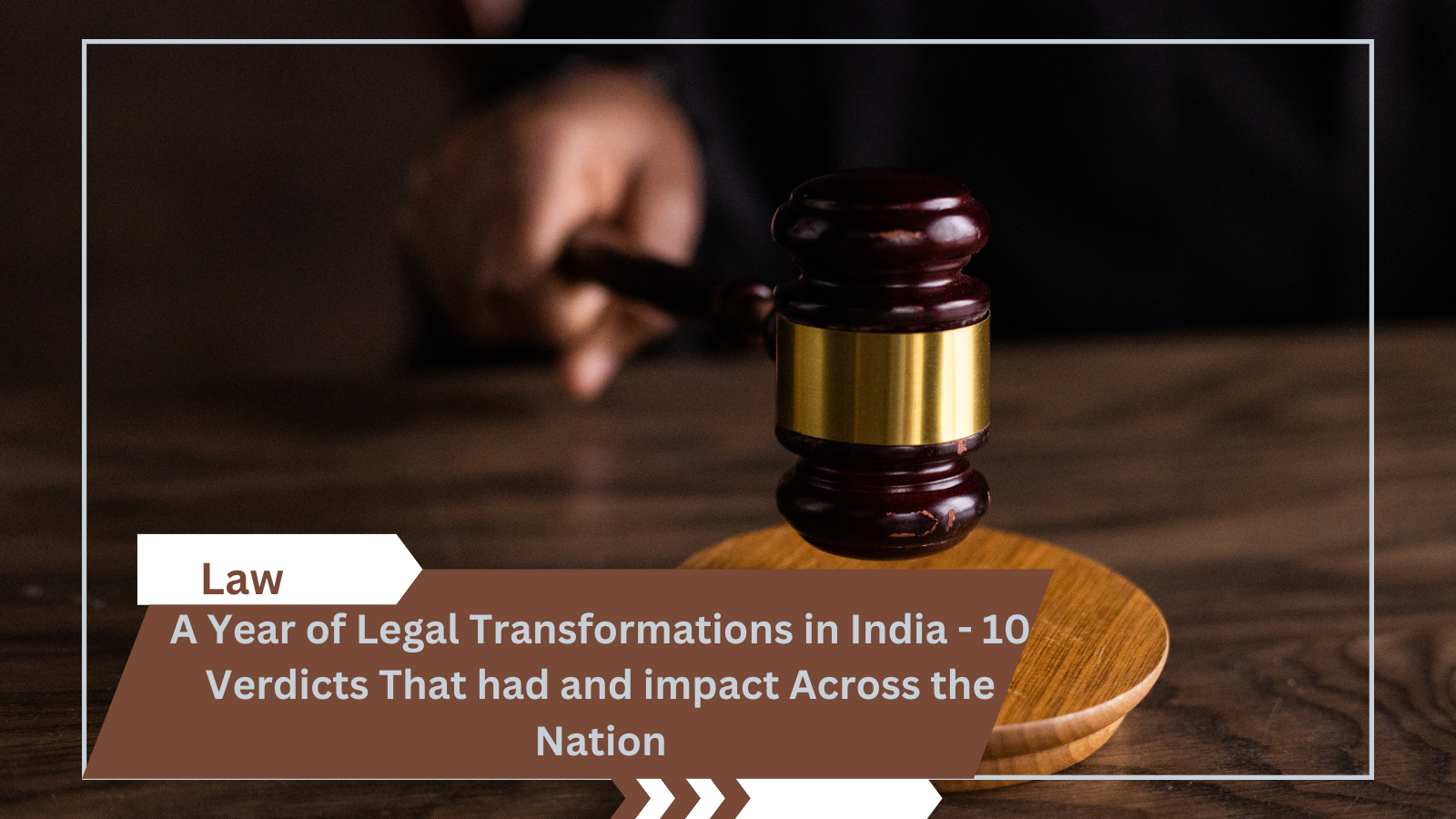

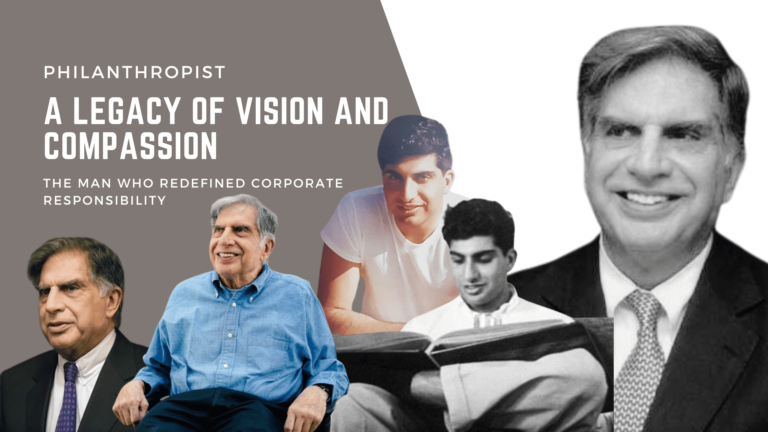






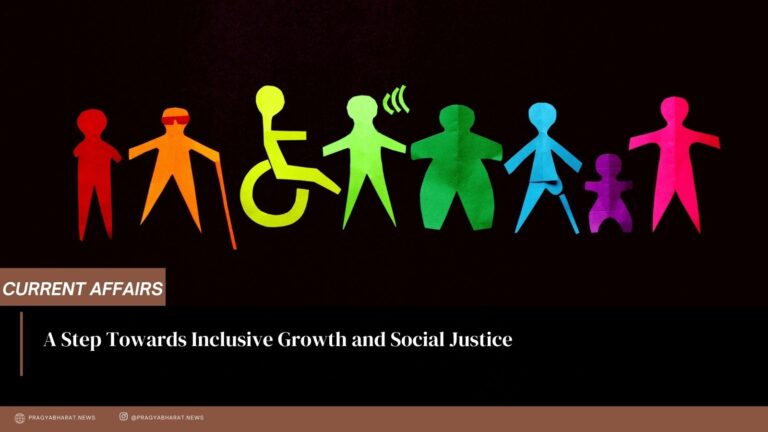
+ There are no comments
Add yours